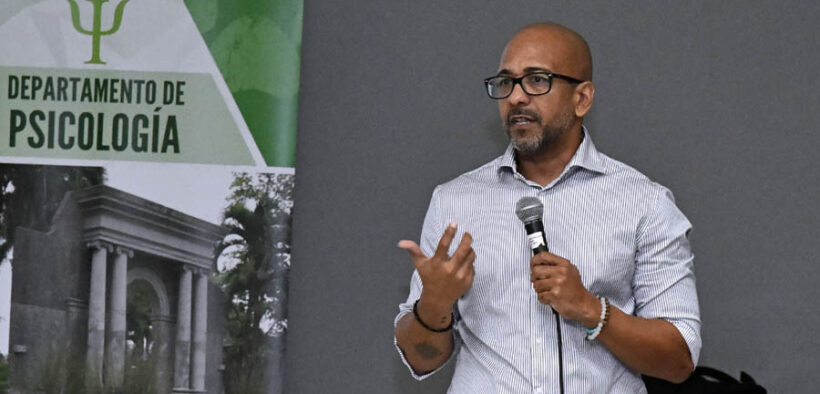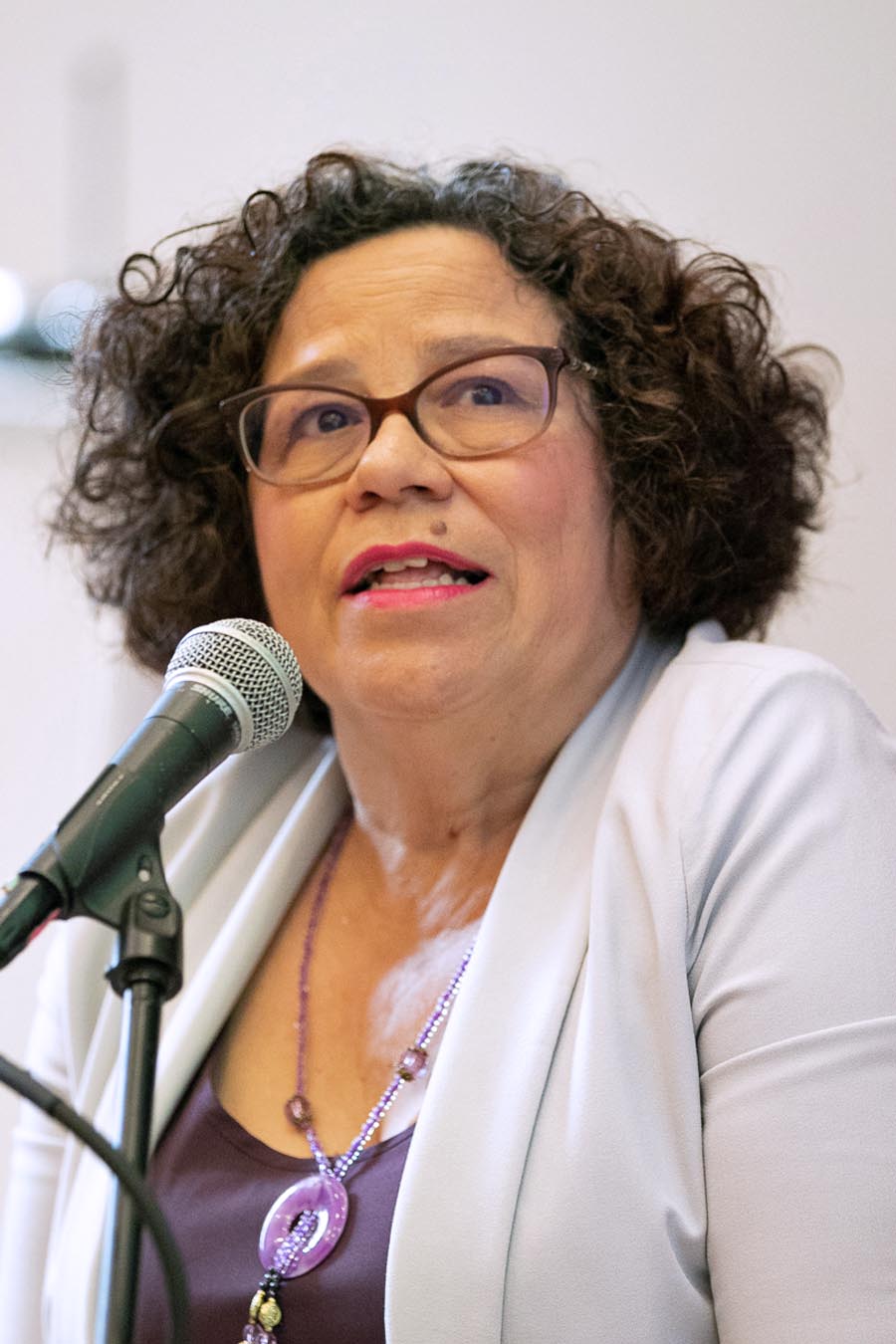RUM report shows housing, transportation crises in child poverty plan

The University of Puerto Rico at Mayagüez’s 10-year plan also calls for expanded tax credits.
The University of Puerto Rico, Mayagüez Campus (RUM in Spanish), has unveiled a 10-year plan (2024–2032) to combat child poverty and social inequality, presenting new data on housing and transportation challenges faced by families on the island.
Developed in collaboration with the Department of Family Affairs, the study found that 88% of families living below the poverty line face housing-related issues, and 17% lack access to a vehicle — a limitation that significantly affects job and educational opportunities.
“This plan is the result of an extensive research process that has allowed us to better understand the realities of child poverty and social inequality in Puerto Rico,” said Eduardo A. Lugo-Hernández, executive director of the Commission and professor in RUM’s Department of Psychology.
The Commission hopes the plan will lead to structural changes that improve children’s quality of life and serve as a model for coordinated poverty-reduction efforts in Puerto Rico.
“With input from the government, private sector, academia and nonprofit organizations, we have developed a series of recommendations to address these pressing issues,” Lugo-Hernández said.
The plan calls for optimizing government efficiency, improving collaboration across sectors, and improving training for professionals working with children and families. One of its key proposals is the expansion and long-term sustainability of the dependent child tax credit, even beyond the availability of federal funding.
“We have already seen that when a similar program was implemented in the past, there was a significant reduction in child poverty,” Lugo-Hernández said. “We must secure state-level support to guarantee its continuity, particularly in today’s political climate.”
RUM students participated in the research process, contributing to data collection and analysis. Psychology student Rocío Quintana-Guzmán called the initiative essential for social justice, while fellow student Isabela A. Colón-Borges emphasized the importance of amplifying the voices of overlooked communities.









